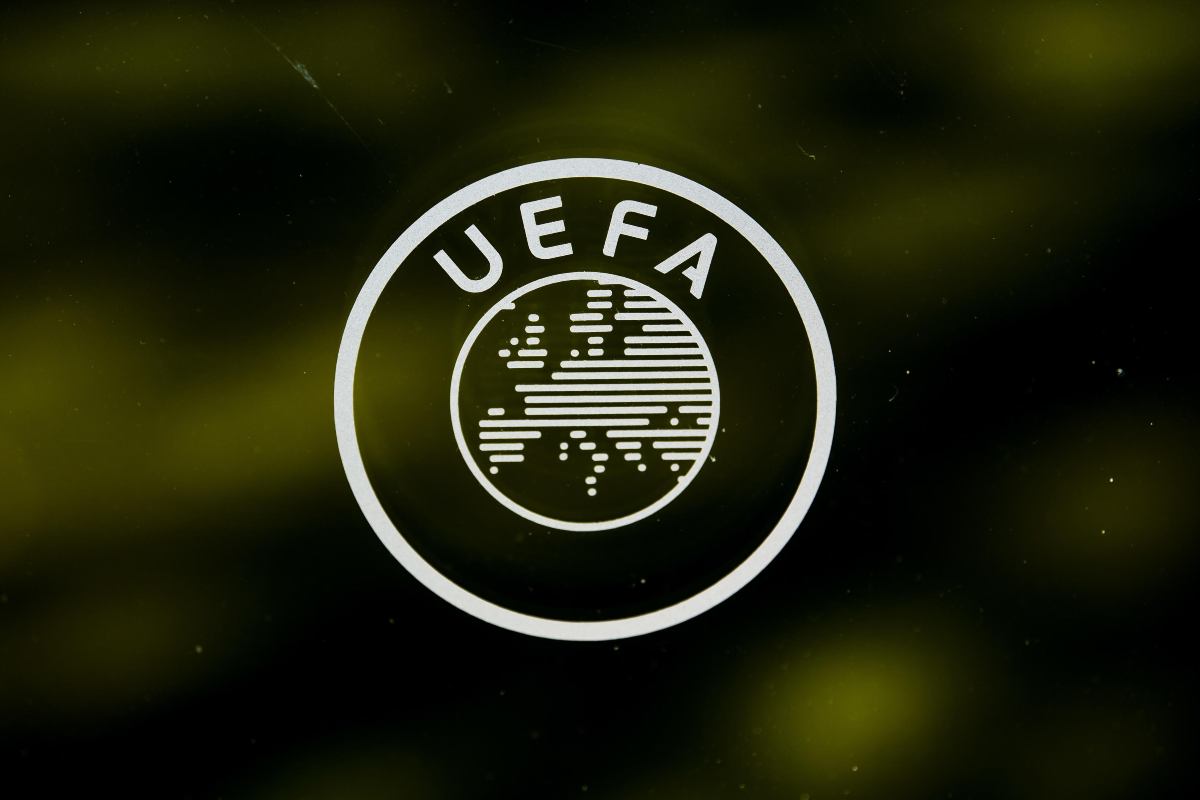What is the new UEFA Football Board, and how does it work?

The UEFA is undergoing a series of changes aimed at revolutionizing the world of football. Following the upcoming format transformation of the Champions League set to take effect in 2024, a new organization has been established to support the UEFA’s endeavors: the UEFA Football Board. Spearheaded by former Italian football sensation Zvonimir Boban, who currently serves as the Head of UEFA Football, this board is poised to bring forth innovative ideas and suggestions for the improvement of football.
Intriguing details regarding the board’s functionality and composition have been unveiled by renowned European publications such as Marca, Times, and Gazzetta dello Sport. Officially approved in early April, the UEFA Football Board is scheduled to hold its inaugural meeting on the 24th of April. Now, let’s delve deeper into what the UEFA Football Board is all about and how it operates.
Unveiling the UEFA Football Board: Its Purpose and Mechanism
The UEFA Football Board was conceived through the collaborative efforts of former Croatian football player Zvonimir Boban and ex-Italian referee Roberto Rossetti. Boban, currently leading the UEFA football division, and Rossetti, serving as the President of the UEFA Referees Committee, have joined forces to establish this influential organization. The board comprises a distinguished blend of prominent coaches and former footballers, some of whom have already been announced, while others are still being considered.
The primary objective of this new entity is to provide proposals aimed at enhancing the game of football and its overall organization. These suggestions will be carefully examined by the appropriate authorities and, in some cases, transformed into official regulations. It’s important to note that the board itself does not possess legislative powers; however, its proposals will serve as a starting point for potential regulatory changes within the UEFA. Coaches and former players, with their practical experience and deep understanding of the sport, will play a pivotal role in offering recommendations for improvements.
The range of proposals that can be put forth by the board is comprehensive. Members will have the opportunity to suggest modifications in various aspects of football, including game rules, refereeing matters, international schedules, UEFA tournaments, youth development, tactics, VAR implementation, and player welfare. Additionally, there are plans to establish a separate board dedicated to women’s football in the near future.
The Composition of the UEFA Football Board
Boban formally presented the proposal for the board’s composition during the UEFA Committee meeting held in Lisbon on April 4th. The Football Board’s composition was swiftly approved following Aleksander Čeferin’s reappointment as UEFA President for his third consecutive term. The primary objective of this term is to stay current with the evolving football landscape without compromising the essence of the sport. Alongside Boban, an Italian figure, former referee Roberto Rossetti, has also contributed to this new project and serves as Ceferin’s trusted right-hand within the UEFA, offering consultative support to the board.
As for the board’s members, in addition to its president Zvonimir Boban, there will be a total of 20 representatives from the football community, including former players and coaches. Some of these names have already been disclosed by esteemed European newspapers such as Marca, Times, and Gazzetta dello Sport. Notably, the majority of the coaches involved are currently active and many of them lead teams that regularly participate in UEFA competitions. These coaches now have the genuine opportunity to instigate change from within through this authoritative organization.
The selection process for these 20 members was not arbitrary; rather, it considered specific parameters. The candidates’ achievements in their respective countries and at the European level, as well as their international reputation, played a crucial role in the decision-making process. Many familiar faces from both past and present in Serie A have been considered. While some names, such as Didier Drogba, Patrick Vieira, and Henrik Larsson, are still under consideration, the following individuals have already been selected:
Former Players:
- Rio Ferdinand
- Paolo Maldini
- Javier Zanetti
- Luis Figo
- Philipp Lahm
- Michael Laudrup
- Predrag Mijatović
- Rudi Völler
- Petr Čech
- Juan Mata
- Robbie Keane
Coaches:
- Zinedine Zidane
- Ronald Koeman
- Jürgen Klinsmann
- José Mourinho
- Gareth Southgate
- Carlo Ancelotti
- Fabio Capello
- Rafael Benítez
- Roberto Martínez
UEFA Football Board Meetings and Agenda
The board’s meetings will be held annually in Nyon, preceded by prior consultations. However, in urgent situations, extraordinary meetings can be convened. These gatherings may focus on specific topics rather than a multitude of subjects.
As previously mentioned, the inaugural official meeting of the UEFA Football Board is scheduled for April 24th. Taking place in Nyon during the Youth League final (the Champions League equivalent for Under-19 teams), the meeting is expected to cover various agenda items, including potential adjustments to the use of VAR. Additionally, discussions regarding injury time and handball incidents are anticipated.
The UEFA Football Board is poised to be a driving force in the realm of football governance, promoting collaboration between influential figures in the sport to bring about meaningful improvements. With its inaugural meeting on the horizon, the board’s mission to enhance football and ensure its continued growth is set to embark on an exciting journey that will shape the future of the beautiful game.
